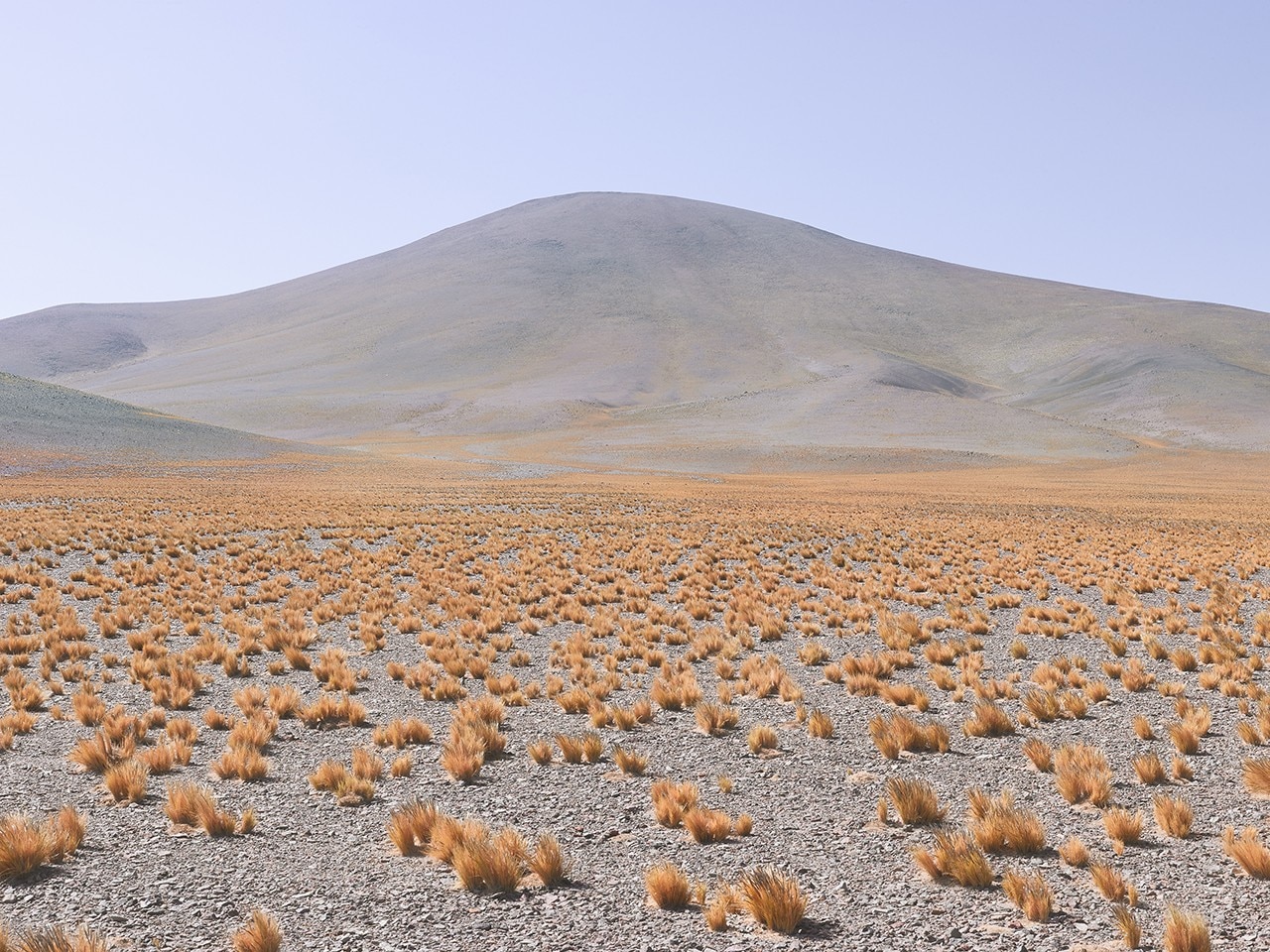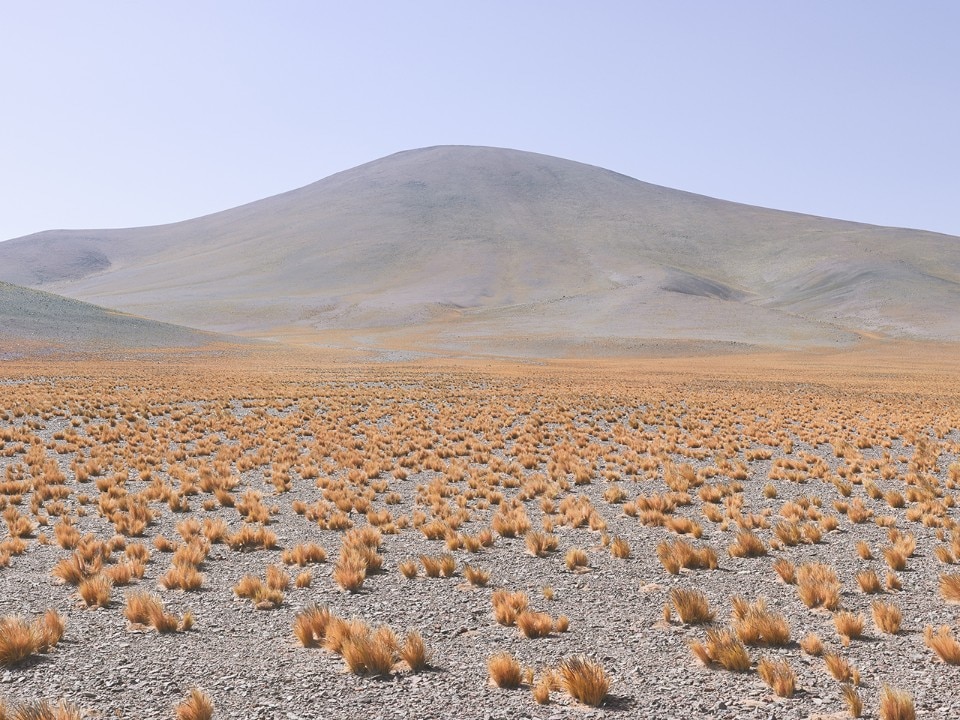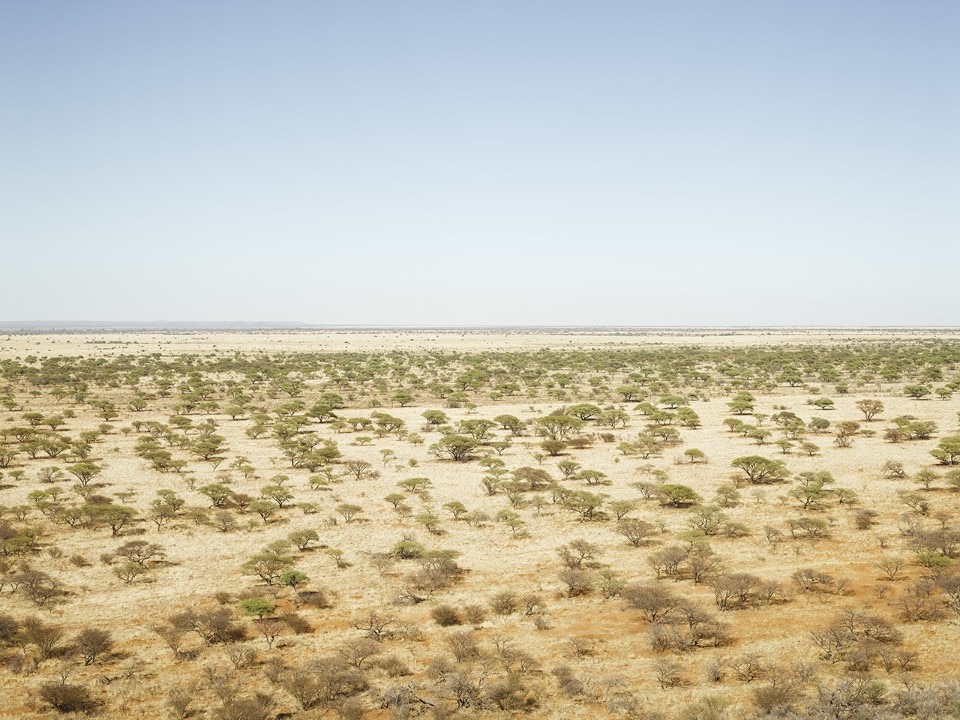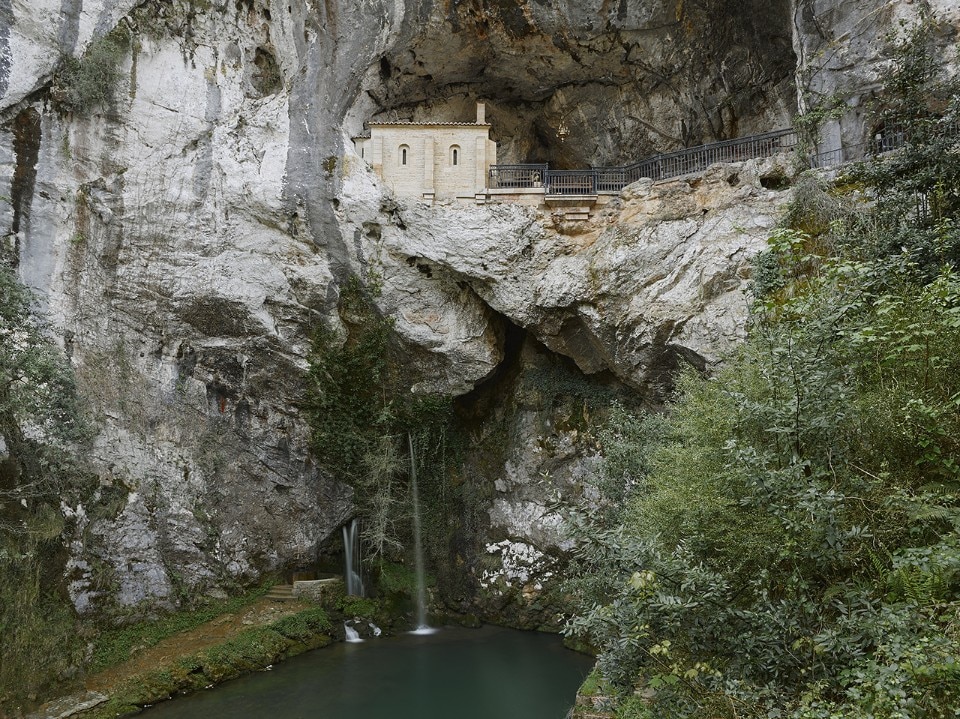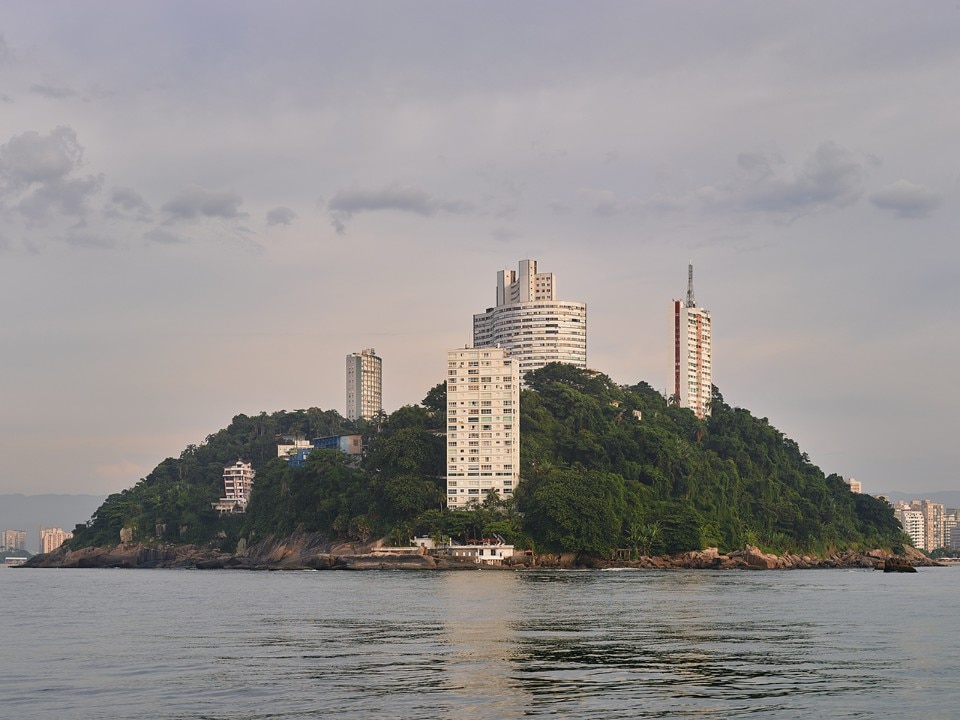Swiss photographer Roger Eberhard’s new book is twice as relevant. If in the last few years the concept of border has been strained both from a topographic and political point of view (just think at the humanitarian tragedy of the mass migrations and at the growing nationalism of many countries), the new coronavirus related emergency is threatening its very own definition.
Lockdown is definitely not like one of the many walls that still stand on this planet or have been raised in more recent times but, exactly like a suddenly built wall, has set forth an inside and an outside, separating who’s within from who’s behind. And just like with a wall, it doesn’t mean that the assumed enemy is the one locked outside: just as hate and racism keep on claiming victims among the citizen who feel safe on this side of the wall, fear and angst, not to talk about the risk of contagion within the families, have been locked up inside with us. And this is most true in the so–called “phase two”, where our safety depends not just on our behavior but also on the others’.
So, with Human Territoriality (Edition Patrick Frey), Eberhard reaches two main goals. Through a serial but never repetitive documentation of all those places in the world that used to stand as but aren’t anymore a border — political borders to fallen empires, physical borders moved back or forth by men, natural borders that have shifted due to climate change — he revises history, philosophy, economics, politics and sociology in a sort of auditing process where our own biases are challenged, and what we usually consider to be stable turns out to be mutable.
But by questioning the border from a conceptual point of view, he furthermore allows us to think in wider terms and to ask ourselves disquieting questions, many of which are still without an answer: where does our freedom ends and the others’ begin? By which tools we can pursue security for us and our loved ones? How far are we willing to go in order to defend ourselves? How much do our actions affect our community? Are we part of a society that aims at a common good or rather individual entities that follow their own interests? And again: can we give for granted the rights that we acquire when we are born?
Eberhard splendid vedutas are extremely fascinating because they all hide a danger: it’s indeed behind the natural beauty or the photogenic desolation of these landscapes that in fact all our apprehensions flock to, either the ones inherited from a past that history struggles to convey in an univocal and unchangeable way, and the ones that we ourselves are building and inside which we risk to end up imprisoned by.


